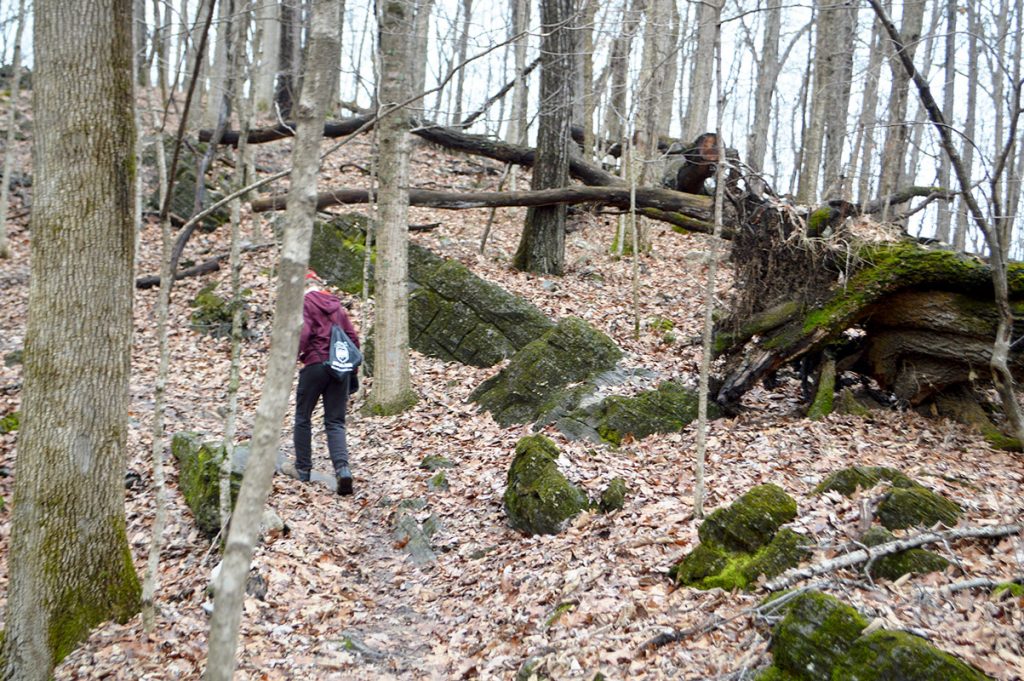Cleaning Up Coal Ash
For well over a century, power plants across the country have burned coal to generate electricity. And for just as long, leftover coal ash has been dumped in open, unlined pits near the power plant, usually located on a river or lake. Every year, U.S. power plants produce 130 million tons of coal ash, which is the second largest waste stream in the country after municipal garbage.
Coal ash concentrates the toxic heavy metals found in coal, including arsenic, mercury, lead and selenium. Stored in unlined, wet impoundments, coal ash has been leaking these toxics into our groundwater and surface waters for years. Sometimes these impoundments collapse — with disastrous results.
Yet government regulations for coal ash management are either non-existent or sparse, and there is little enforcement of the regulations that do exist. In North Carolina, this lack of oversight — and the complicity between state regulators, elected officials and Duke Energy — came to a boiling point in February 2014 when one of Duke’s coal ash impoundments spilled 39 million tons of ash into the Dan River.
Citizens living near North Carolina’s 33 coal ash impoundments — all of which have leaked — have fought for transparency from Duke and the state, and for cleanup of the pollution that threatens their property value, health and family. Their actions forced this issue into the headlines of news networks and to the forefront of environmental justice conversations in the United States.
Appalachian Voices stood with these communities as we worked for years to compel Duke Energy and the N.C. Department of Environmental Quality to excavate coal ash from all the North Carolina sites and dispose of it either in lined, dry landfills, away from waterways, or by recycling it for concrete or other uses, provided it’s done in a manner that protects public health and the environment.
On Jan. 2, 2020, North Carolina announced a historic settlement with one of the state’s most powerful corporations and polluters, Duke Energy. The settlement requires Duke to move nearly 80 million tons of toxic coal ash at six of its power plants to properly lined landfills onsite or recycle it.

Learn information about specific coal ash impoundments in the South, including health threats and safety ratings:
Additional Resources
Fact sheets, videos, links to academic research, and more
Sign Up to Act
Help us protect the health of our communities and waterways.
Latest News
Ashby Berkley
Ashby Berkley is involved in several legal disputes to stop Mountain Valley Pipeline developers from cutting his riverside property in two, but that has not stopped them from felling several trees.
A Sweet Retreat at Sugar Hollow Park
Roughly 12 miles of trails await hikers and bikers at this park in Bristol, Va.
Wildlife Center Continues Legal Fight for Raptor Rehab Facility
Neighbors of the Southwest Virginia Wildlife Center of Roanoke are suing the facility for its plans to build a raptor rehabilitation cage, putting the center in financial jeopardy.
Camp Nelson Honored as a National Monument
The president ordered the creation of the Camp Nelson National Monument in October 2018 to honor black troops who fought in the Civil War.
Repercussions of Government Shutdown Visible in Region
The partial U.S. government shutdown affected Appalachian federal employees, national parks and forests, food stamp recipients, the Eastern Band of Cherokee Indians and more.
Tennessee Wants You to Sniff Out Rare Skunks
The Tennessee Wildlife Resources Agency is on the lookout for the rare Eastern spotted skunk after a trail camera caught one by chance last fall.








